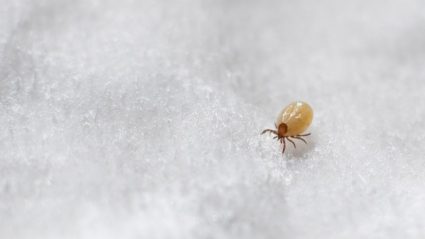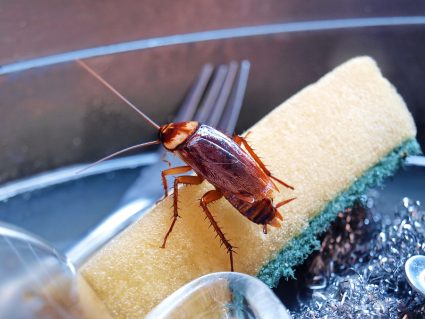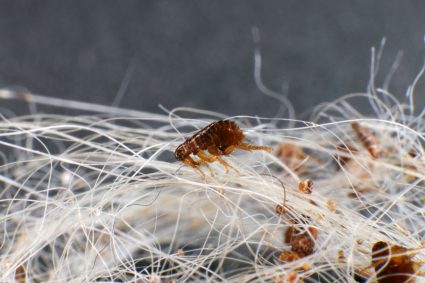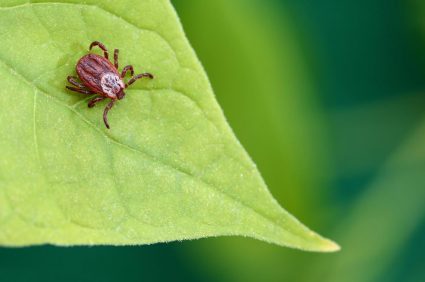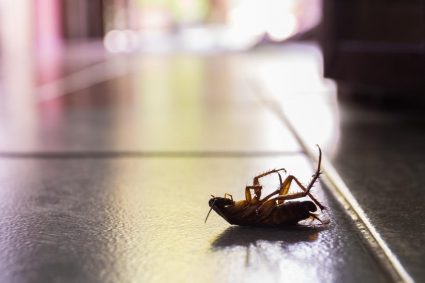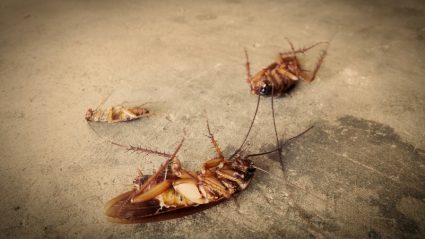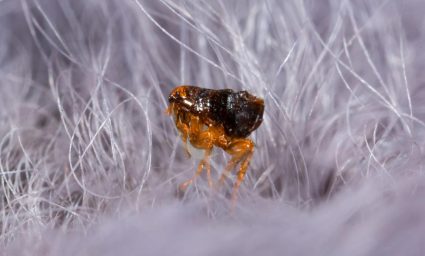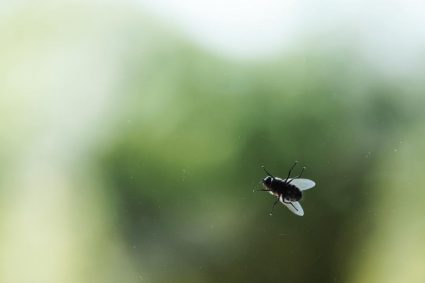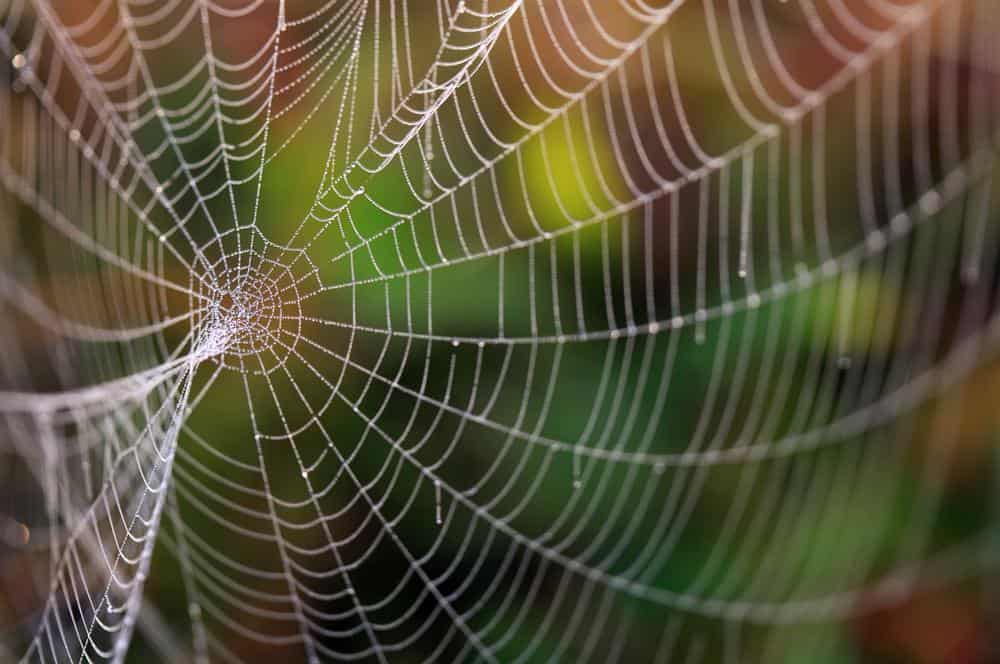
The presence of spiders in your home, especially venomous ones like the Brown Recluse Spider, can be unsettling. These spiders are known for their venomous bites, which can lead to severe skin lesions and systemic symptoms. Therefore, it’s crucial to know how to keep these spiders away from your home. In this comprehensive guide, we’ll cover everything you need to know about Brown Recluse Spiders and how to deter them effectively.
To keep Brown Recluse Spiders away, maintain regular cleaning and sanitation in your home, especially in secluded areas. Use essential oils like lavender, mint, lemon, and peppermint as natural repellents. Seal any gaps, cracks, or openings around your home to prevent spiders from entering. Schedule routine pest control services, and consider natural repellents such as vinegar solutions, strongly scented plants, and diatomaceous earth.
Understanding Brown Recluse Spiders
Before we delve into how to keep these spiders away, it’s essential to understand what they are, their identifying characteristics, and what attracts them to your home.
Brown Recluse Spiders are usually between 6 and 20 millimeters long, with a light to dark brown color, sometimes appearing whitish, dark brown, or blackish-gray. They are known for their unique eye pattern, with six eyes arranged in pairs, and their legs and abdomen covered in fine hairs, giving them a velvety appearance. One of their most distinguishing features is a dark brown violin-shaped mark on their upper body.
These spiders are typically found in the south and central states of the United States and prefer dark, sheltered areas such as under porches, in woodpiles, and in little-used drawers, closets, attics, and basement areas. They are attracted to properties due to several factors such as harborage, food sources, weather changes, overgrown vegetation, existing insect infestations, hiding places, and access points.
Dangers of Brown Recluse Spiders
While Brown Recluse Spiders are not aggressive and tend to avoid humans, their bites can be dangerous if they feel threatened. The venom can cause localized cutaneous findings such as redness, itching, inflammation, and blister formation. In more severe cases, it can induce systemic symptoms such as malaise, nausea, headache, and myalgias. The venom also has necrotic properties, which can lead to tissue death and potentially severe complications.
Effective Methods to Keep Brown Recluse Spiders Away
Now that we’ve covered what Brown Recluse Spiders are and the potential dangers they pose, let’s look at the most effective methods to keep them away:
Regular Cleaning and Sanitation
Maintaining cleanliness in your home is one of the most effective ways to deter Brown Recluse Spiders. Regular cleaning, especially in secluded corners like cupboards, cabinets, closets, and basements, can help eliminate potential hiding spots for spiders. Additionally, keeping your yard clean and free from debris can also help deter spiders from entering your home.
Use of Essential Oils
Spiders, including the Brown Recluse, dislike strong scents. Essential oils like lavender, mint, lemon, and peppermint can be effective natural repellents. Mix a few drops of essential oil with water in a spray bottle and apply it to areas where spiders may be present.
Sealing Entry Points
Preventing spiders from entering your home in the first place is a key step in keeping them away. Seal any gaps, cracks, or openings around your home, especially around wires, cables, faucets, and electrical components. Covering vents with fine mesh insect screens can also help keep spiders out.
Regular Pest Control
Scheduling routine pest control services can help deter spiders and other pests from invading your home. Professional pest control services have the expertise and tools to effectively deal with spider infestations and can provide long-term solutions to keep them away.
Natural Repellents
Apart from essential oils, other natural repellents can be effective in deterring Brown Recluse Spiders. These include vinegar solutions, plants with strong scents like lemongrass, lavender, mint, catnip, basil, lemon balm, and rosemary, and diatomaceous earth.
Conclusion
Keeping Brown Recluse Spiders away from your home requires a combination of regular cleaning, use of natural and chemical repellents, sealing entry points, and professional pest control services. With these strategies, you can ensure a spider-free home and protect yourself and your family from potential spider bites. Remember, consistency is key, so make sure to regularly implement these preventive measures to keep these spiders at bay.
Frequently Asked Questions
What does the bite of a Brown Recluse Spider look like?
A bite from a Brown Recluse Spider typically starts as a small red mark. It may grow, become painful, and develop a blister in the center. In some cases, a purple or blue area may surround the red spot, creating a ‘bull’s-eye’ appearance. If left untreated, the bite can result in a necrotic wound, or area of dead tissue, that may take months to heal.
Are all Brown Recluse Spiders venomous?
Yes, all Brown Recluse Spiders are venomous. However, not all bites result in severe symptoms. Some bites may not inject venom and result in minor symptoms while others can lead to severe skin and systemic reactions.
How can I identify a Brown Recluse Spider?
Brown Recluse Spiders can be identified by their light to dark brown color, unique eye pattern of six eyes arranged in pairs, and a dark brown violin-shaped mark on their upper body. They also have fine hairs covering their legs and abdomen, giving them a velvety appearance.
How often should I schedule professional pest control services?
The frequency of professional pest control services can vary based on the severity of the infestation and the specific recommendations of the pest control company. Generally, it is recommended to have your home inspected and treated at least once a year. However, if you live in an area with a high spider population, you may need to schedule services more frequently.
Are Brown Recluse Spiders aggressive?
Brown Recluse Spiders are not typically aggressive and tend to avoid humans. They usually bite only when they feel threatened or trapped, such as when a person accidentally touches or presses against them.

